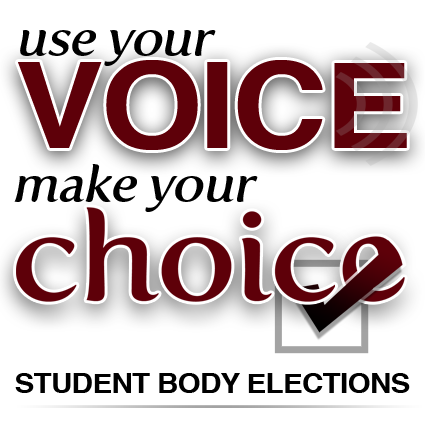Presidential elections draw the attention of every individual ranging from adults to teenagers. University and College students fall in the group of individuals who are at the forefront of the political process. There are various ways in which university and college students get involved in presidential elections but the main one is through online discussions using social networking sites like Facebook, Instagram, twitter and LinkedIn. Social networking sites are the most accessible dialogic platforms for college students because they allow for unrestricted and active political discussion between political aspirants and the students themselves.
Most students in university and college have attained the required voting age and therefore are curious of the presidential elections. The major factor that influences university and college students to engage in presidential elections is the job opportunity aspect. Young people in university and college particularly those who are about to graduate have large sums of student’s loan debts. Therefore, they participate in presidential elections in order to elect leaders that they think can create more job opportunities. However, jobs are not the only issues that attract college students to the presidential elections but also education in general. University and College students understand that if they do not actively participate in presidential elections and cast their vote for the best leader there future will be ruined.
The internet serves as the biggest platform through which college students make their decision and influence others as to whom to elect as president which is also known as online political communication. The usage of the internet as a medium of political campaign amongst college students began in the year 2004 when there was widespread emergence of blog writing.
By the year 2007 at least all political aspirants in Kenya had formed Facebook pages and groups. A high number of likes and members of this pages and groups originated form university and college students. Presidential aspirants use this pages and groups when they want to pass information to students and respond to their questions. For instance, in 2013 presidential elections, CORD and Jubilee had created Twitter and Facebook profiles for their campaign particularly targeting to reach young adults like university and college students.
The number of college students involving in the presidential elections begun to rise by the year 2008. This might have been attributed by two factors, the emergence of social networks in the year 2006 and the post election violence that affected their friends and families. After the post election violence, social networking sites united students, and gave them an opportunity to express their problems. Thousands of pages and groups were created which discussed different political agendas. The discussion enabled students to understand the essence of participating in an election.
College students also join celebrities in campaigning where they work as either dancers or singers. Celebrity campaigning is believed to have greatly influenced the 2013 presidential election voting pattern in Kenya. This was mostly noted on the Jubilee side where artists were highly paid to help them in campaigning.
In the past, politicians believed that university and college students were too young to influence the voting pattern. There was very little attention given to college students as voters. Currently, there has been a high concern about involving university and college students in presidential elections. Presidential aspirants also believe that college students are literate and can influence other people like their family members to vote for them.


Leave a Reply